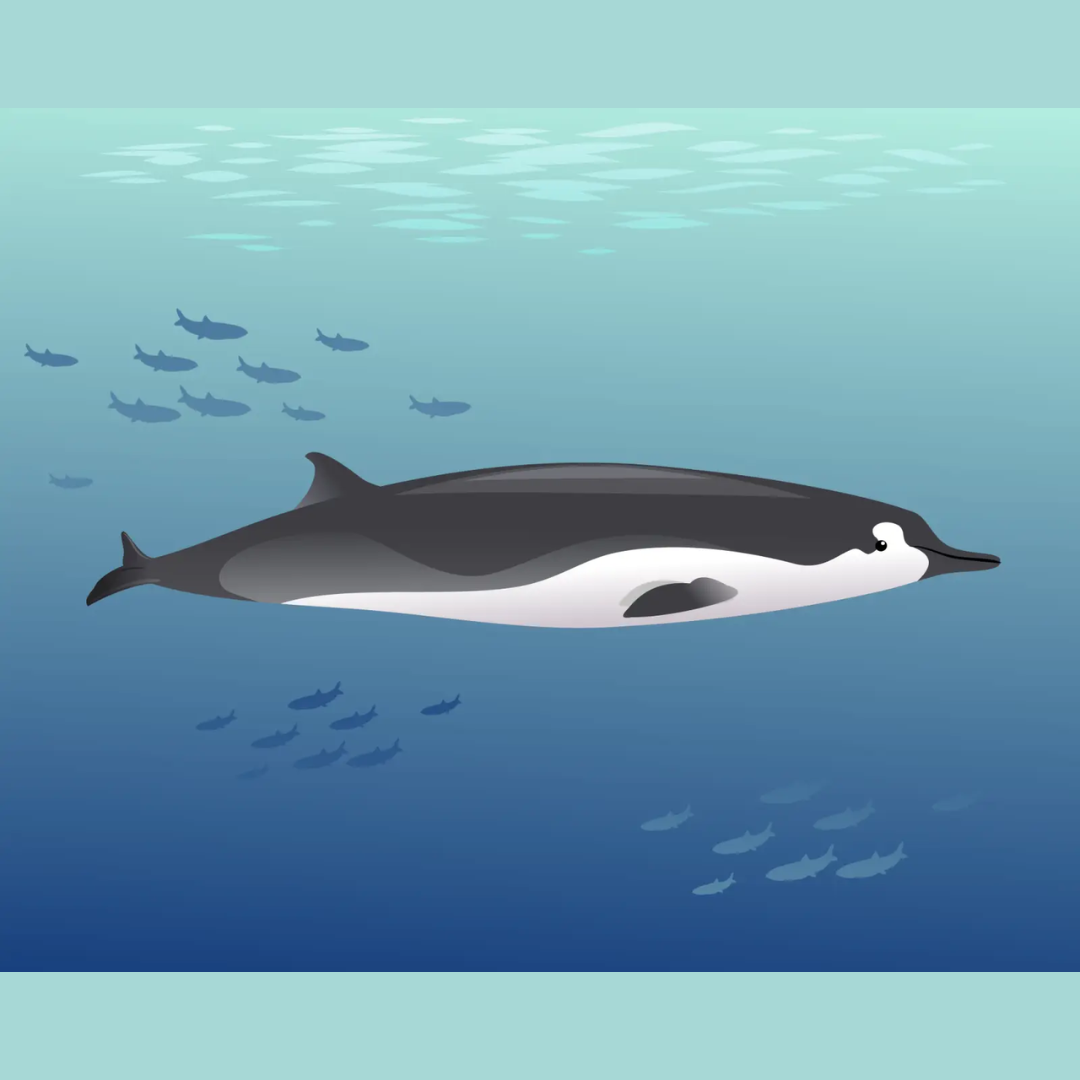
A spade-toothed whale, the world’s rarest and never before seen alive, washed up on a New Zealand beach, potentially providing vital scientific insights.
- Identified by its distinctive features, this specimen could enable detailed study and genetic analysis, offering new knowledge about their habitat and behaviour in the southern Pacific Ocean.
About the news:
- A Spade-toothed whales, the world’s rarest, have never been sighted alive. Their existence and habits in the southern Pacific Ocean remain largely unknown.
- A five-meter-long beaked whale washed up on a South Island beach in New Zealand is believed to be a spade-toothed whale, identified by its physical characteristics.
- This discovery could provide crucial scientific insights as it might be the first specimen suitable for dissection and study.
- Previous sightings of spade-toothed whales were limited to six specimens, with those found in New Zealand already buried before DNA testing.
- The whale has been preserved for genetic testing, which could take months to confirm its identity.
- New Zealand’s Indigenous Maori tribes will be involved in the examination, considering whales as culturally significant treasures.
- The whales’ deep-sea habits make research challenging, and their precise habitat in the vast ocean remains elusive.
- The first spade-toothed whale bones were found in 1872 on New Zealand’s Pitt Island. Another discovery was made at an offshore island in the 1950s, and the bones of a third were found on Chile’s Robinson Crusoe Island in 1986.
- DNA sequencing in 2002 proved that all three specimens were of the same species — and that it was one distinct from other beaked whales. Researchers studying the mammal couldn’t confirm if the species went extinct.
- Then in 2010, two, whole, spade-toothed whales, both dead, washed up on a New Zealand beach.




